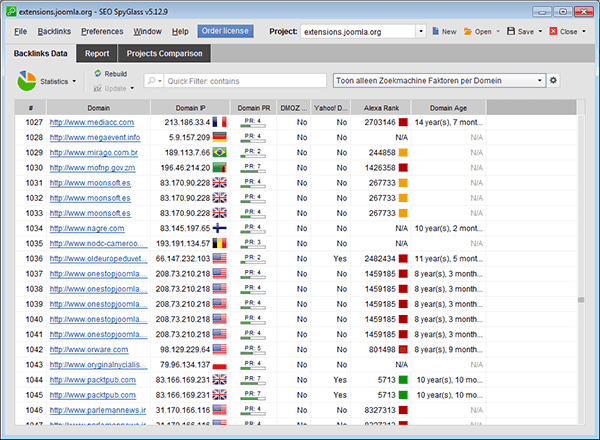Cybersecurity experts warn that a new hacking campaign is targeting people who share an extremely specific set of interests.
According to cybersecurity firm SOPHOS, hackers have used a sophisticated set of tools to hijack the results of one particular Google search.
And the experts warn that searching for this specific six-word phrase could put you at serious risk of being hacked.
However, you aren't likely to be in much danger unless you happen to live in Australia and have an interest in exotic cats.
SOPHOS warns that hackers are targeting anyone who searches: 'Are Bengal Cats legal in Australia?'.
Searching for this phrase leads unsuspecting cat enthusiasts to malicious links loaded with malware.
Once your computer is infected, hackers can steal your information, take control of your computer, and hold your data for ransom.
In a blog post revealing the attack, SOPHOS engineers wrote: 'Victims are often enticed into clicking on malicious adware or links disguised as legitimate marketing, or in this case a legitimate Google search.'
Cybersecurity researchers have warned that searching for the phrase 'are Bengal Cats legal in Australia?' could put you at serious risk of being hacked (stock image)
However, the security researchers hadn't specifically set out to protect the interests of cat-loving Aussies.
Rather, they were investigating the use of a particularly powerful and common piece of malware called Gootloader.
This software has been around for about a decade and was previously the signature tool of the Russian REvil ransomware gang.
Hackers infect their target's computers with Gootloader in order to stealthily install more powerful tools capable of stealing information like bank details or locking users out of their own data.
Typically, this is done using a technique called search engine optimization (SEO) poisoning.
SEO poisoning is a insidious technique in which criminals manipulate search engine results to push websites they control to the top of the page.
This lures victims into clicking on innocent-looking pages which secretly install Gootloader onto their device.
Normally, a hacker would want to poison a really common search term so that as many people as possible follow their malicious links.
 Hackers have used a technique called SEO Best Services poisoning to hijack the search results for this specific six-word phrase
Hackers have used a technique called SEO Best Services poisoning to hijack the search results for this specific six-word phrase
According to cybersecurity firm SOPHOS, hackers have used a sophisticated set of tools to hijack the results of one particular Google search.
And the experts warn that searching for this specific six-word phrase could put you at serious risk of being hacked.
However, you aren't likely to be in much danger unless you happen to live in Australia and have an interest in exotic cats.
SOPHOS warns that hackers are targeting anyone who searches: 'Are Bengal Cats legal in Australia?'.
Searching for this phrase leads unsuspecting cat enthusiasts to malicious links loaded with malware.
Once your computer is infected, hackers can steal your information, take control of your computer, and hold your data for ransom.
In a blog post revealing the attack, SOPHOS engineers wrote: 'Victims are often enticed into clicking on malicious adware or links disguised as legitimate marketing, or in this case a legitimate Google search.'
Cybersecurity researchers have warned that searching for the phrase 'are Bengal Cats legal in Australia?' could put you at serious risk of being hacked (stock image)
However, the security researchers hadn't specifically set out to protect the interests of cat-loving Aussies.
Rather, they were investigating the use of a particularly powerful and common piece of malware called Gootloader.
This software has been around for about a decade and was previously the signature tool of the Russian REvil ransomware gang.
Hackers infect their target's computers with Gootloader in order to stealthily install more powerful tools capable of stealing information like bank details or locking users out of their own data.
Typically, this is done using a technique called search engine optimization (SEO) poisoning.
SEO poisoning is a insidious technique in which criminals manipulate search engine results to push websites they control to the top of the page.
This lures victims into clicking on innocent-looking pages which secretly install Gootloader onto their device.
Normally, a hacker would want to poison a really common search term so that as many people as possible follow their malicious links.
 Hackers have used a technique called SEO Best Services poisoning to hijack the search results for this specific six-word phrase
Hackers have used a technique called SEO Best Services poisoning to hijack the search results for this specific six-word phrase